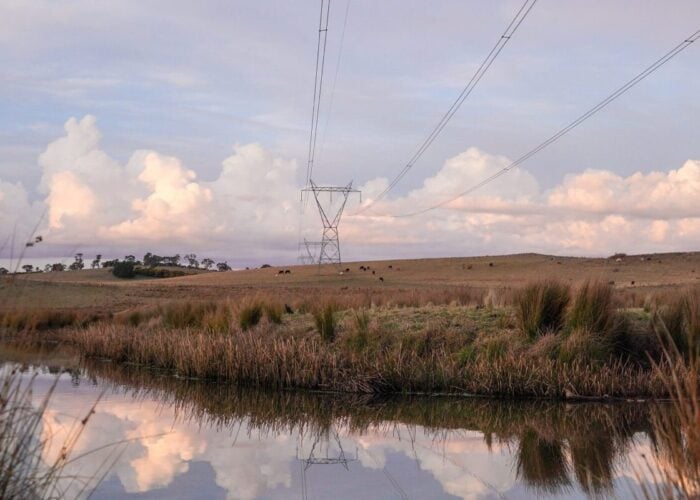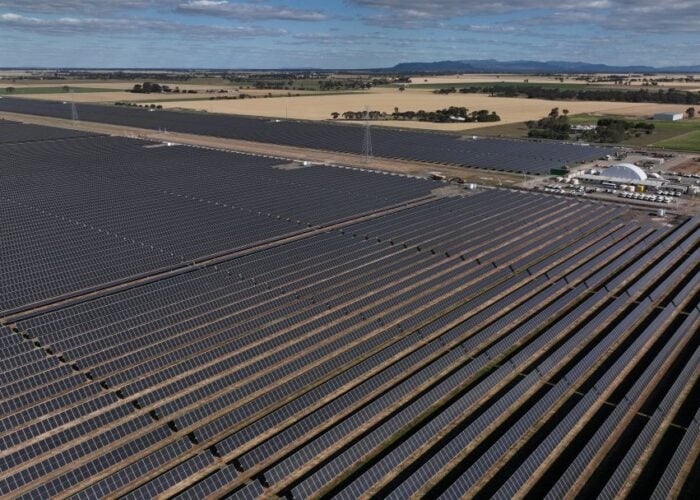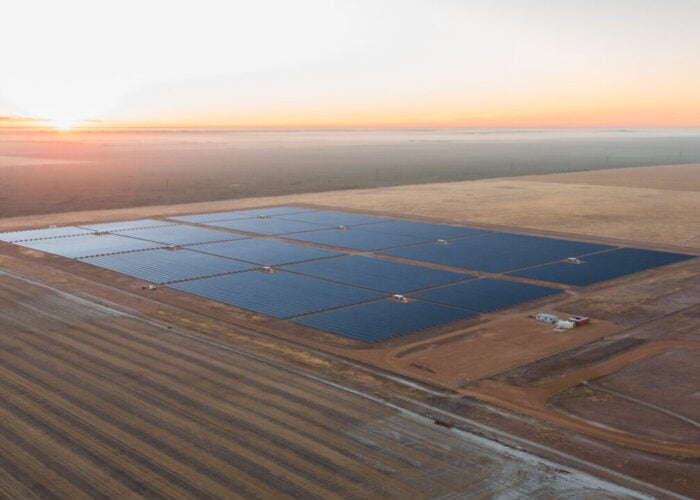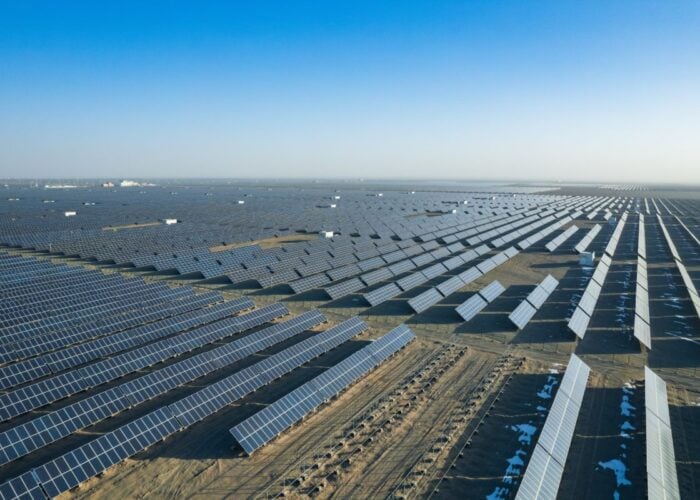
Proposed net metering (NEM) rules in California that would add a US$8/kW per month grid access fee for residential solar systems have been described as “regressive and out of touch with reality” by a NEM policy expert.
Energy economist Ahmad Faruqui, principal emeritus at consultancy The Brattle Group, has warned that the proposed rules, NEM 3.0, would impose “discriminatory fixed charges” on California households and “make rooftop solar panels unaffordable for just about all customers” in the state.
Try Premium for just $1
- Full premium access for the first month at only $1
- Converts to an annual rate after 30 days unless cancelled
- Cancel anytime during the trial period
Premium Benefits
- Expert industry analysis and interviews
- Digital access to PV Tech Power journal
- Exclusive event discounts
Or get the full Premium subscription right away
Or continue reading this article for free
The California Public Utilities Commission (CPUC) last month proposed an overhaul of the state’s NEM policy that it claims would “improve grid reliability and accelerate climate goals”.
The changes, which could be voted on by the CPUC as soon as 27 January 2022, would reduce the credit homeowners with PV systems receive for selling excess electricity back to the grid.
In comments submitted to the CPUC in which he provided his top ten reasons why the commission should reject the proposals, Faruqui said NEM 3.0 would slash solar export credits by about 80%, while also adding a US$57 per month fixed charge for the average residential system that is partially offset by a US$15 per month credit for ten years.
“I have never seen a proposed decision (PD) that is as regressive and out of touch with reality as this one,” Faruqui said, adding that proposals to impose charges retroactively on existing NEM customers 15 years after they were given permission to operate is “without precedent and crosses the boundaries of reasonableness”.
In addition, rate structures and fees put forward “are so complex that an average customer in California will have difficulty assessing the economics of rooftop solar and storage”, Faruqui said.
With around 1.3 million houses with rooftop solar installed, California became the first US state to require solar on the roofs of most new homes in 2020. That was followed last year by the California Energy Commission approving rules that would see new buildings, including multi-family housing and commercial structures, be equipped with solar and battery storage.
Describing California as “the flag bearer for envisioning and creating the future” and a national leader in terms of solar energy, Faruqui warns that the state “will slump to the bottom of the pile” if the CPUC adopts the NEM 3.0 proposals.
The policy could also have a knock-on effect on California’s electric vehicle (EV) market. Currently, the state leads the US in terms of EV sales, with more than 40% of the national market, and California Governor Gavin Newsom signed an executive order in 2020 requiring sales of all new passenger vehicles in the state to be zero-emission by 2035.
Solar sales and installations are expected to be a primary driver of EV charger installations, said Faruqui, adding: “Making it wildly more expensive to go solar could also cannibalise EV sales and make vehicle-to-grid integration impossible.”
Following the CPUC’s announcement last month, organisations such as trade body the Solar Energy Industries Association and clean energy business group California Solar & Storage Association heavily criticised the proposals.
Bizarre anti-environment move by govt of California https://t.co/1OwdBNWbxT
— Elon Musk (@elonmusk) January 12, 2022
This week has seen Elon Musk weigh in, describing the proposals as a “bizarre anti-environment move” in a tweet that shared a link to a Tesla web page providing advice on how to encourage CPUC to reject the changes.
On that page, published on Monday, Tesla says the CPUC is “bowing to pressure from the California utilities” by proposing the new rules that could add between US$50 – $80 per month to the electric bill of a home solar customer.
Speaking during a presentation of California’s new state budget on Monday, Governor Newsom said there is “more work to be done” on the NEM rules. Responding to a question about the proposals, he said: “Do I think that changes need to be made? Yes, I do.”






